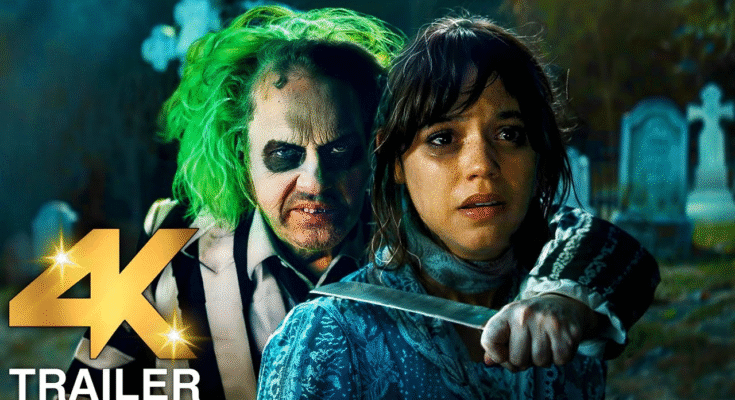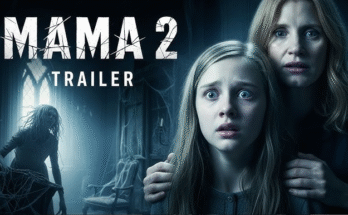Say it once, say it twice, say it three times—and the madness returns. Decades after the first haunting, Beetlejuice 2 resurrects the wild, wicked energy that only Tim Burton can command. But this time, the laughter cuts deeper, the ghosts are louder, and the grief behind the giggles feels hauntingly human.
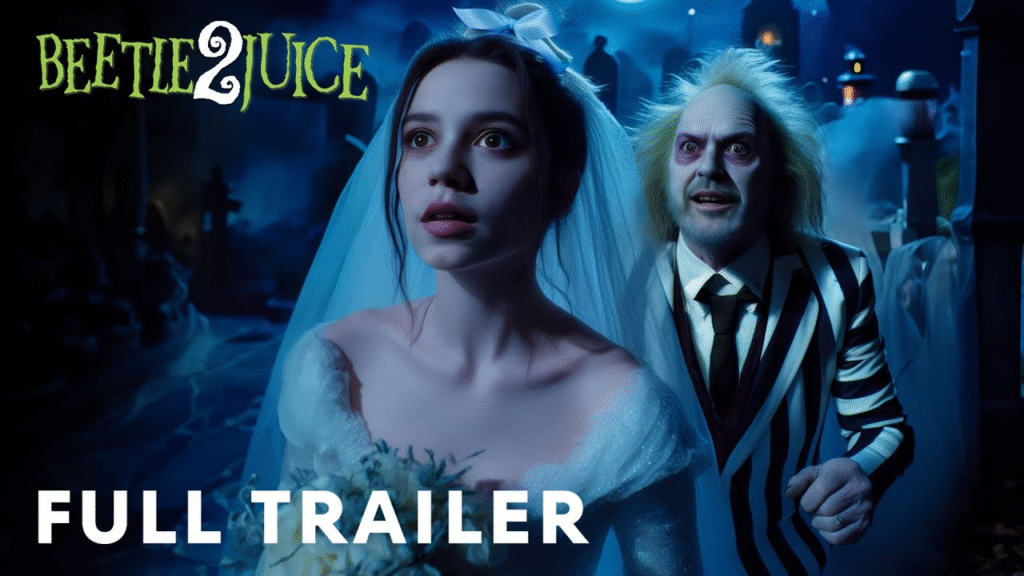
Lydia Deetz has grown up, trading gothic poetry for motherhood and trying to live a normal life—until her daughter Astrid, rebellious and curious, finds that one forbidden name scribbled in the family’s past. When she speaks it aloud, the walls between life and death crumble once again, and Beetlejuice bursts back into the world with his trademark grin and a scream of chaos.
The afterlife isn’t what it used to be. Bureaucratic demons, skeletal judges, and wandering souls crowd a landscape that looks like a bureaucratic circus gone wrong. Every corner feels alive with Burton’s signature surrealism—colors too bright, shadows too deep, laughter too sharp to be safe.
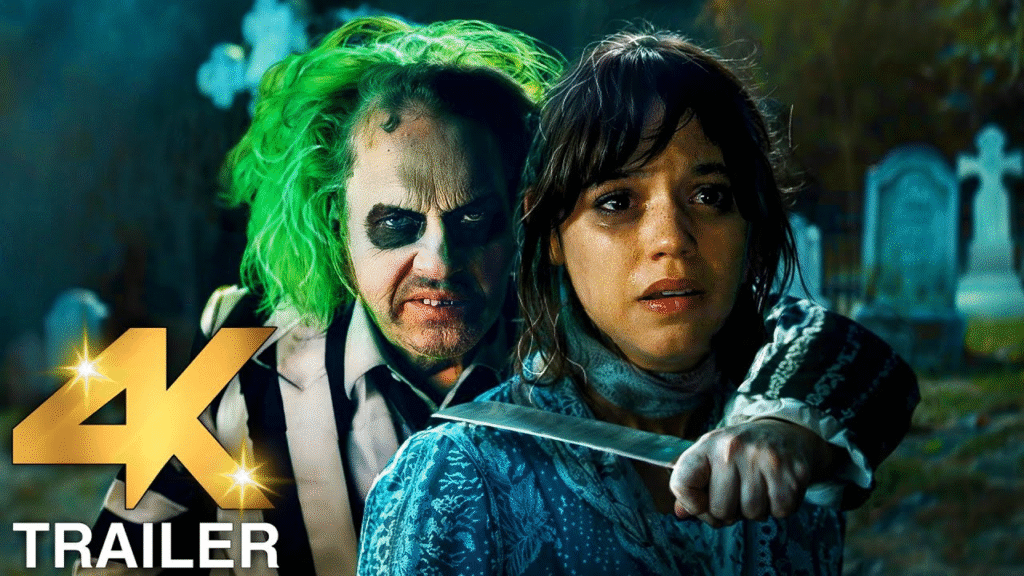
Beetlejuice himself is older, meaner, but infinitely more fun. He’s a showman of decay, dancing between the worlds like a decaying rock star. His charm hides a growing desperation, as he realizes the line between haunting and being forgotten has never been thinner.
Astrid becomes the bridge between worlds—part innocent explorer, part dark dreamer. Through her eyes, we see how easily curiosity becomes obsession, how the thrill of touching death can consume the living. She isn’t just another victim of the Beetlejuice curse; she’s a mirror of Lydia’s own haunted youth.
Lydia, now the reluctant mother, must confront her buried fears and the maniacal ghost who once defined her adolescence. Winona Ryder plays her with fragile restraint, her eyes carrying decades of dread. Every scene between her and Michael Keaton hums with nostalgia, guilt, and grim comedy.
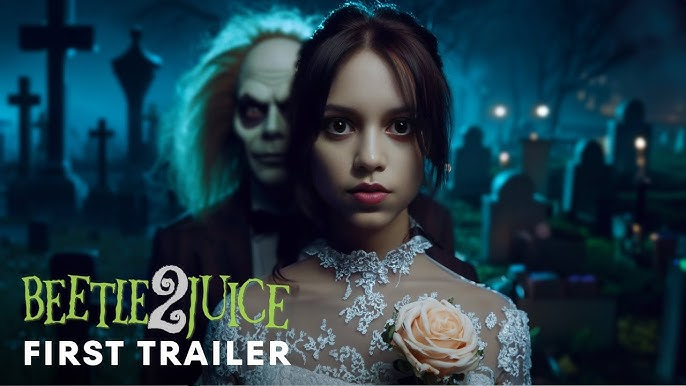
Keaton’s return is electric. He doesn’t play Beetlejuice—he becomes him again, the chaos demon who never learned the word “enough.” His jokes are sharper, his tricks crueler, yet behind the smirk lingers the faintest trace of loneliness. For all his mischief, Beetlejuice just wants to be remembered.
Visually, the film is a gothic fever dream. Stop-motion apparitions twist through pastel purgatories, sandworms roar beneath crimson skies, and doors to the underworld open like carnival rides to hell. Danny Elfman’s score crackles with life, blending whimsy and doom in a single, spine-tingling waltz.
Yet beneath all the spectacle, Beetlejuice 2 carries a quiet ache: what happens when the past refuses to stay buried? Burton reminds us that ghosts don’t just haunt houses—they haunt memories, regrets, and the parts of us we thought we’d outgrown.
In the end, the chaos doesn’t end; it simply evolves. Laughter becomes legacy, madness becomes memory, and Beetlejuice—forever uninvited—remains the spirit of rebellion against order, logic, and mortality itself.
Say his name again, if you dare. Because Beetlejuice 2 isn’t just a sequel—it’s a resurrection of everything weird, wild, and wonderfully human about the things that refuse to die.
